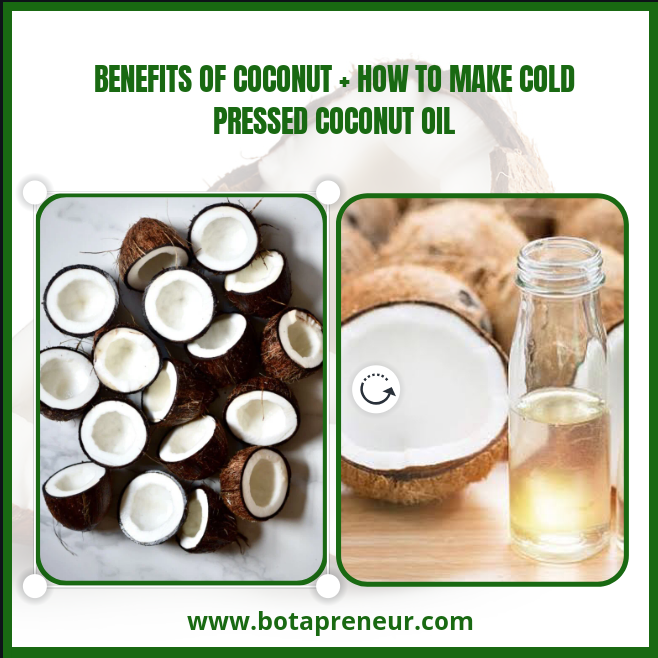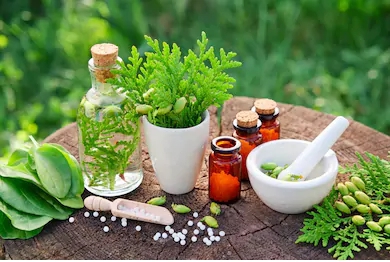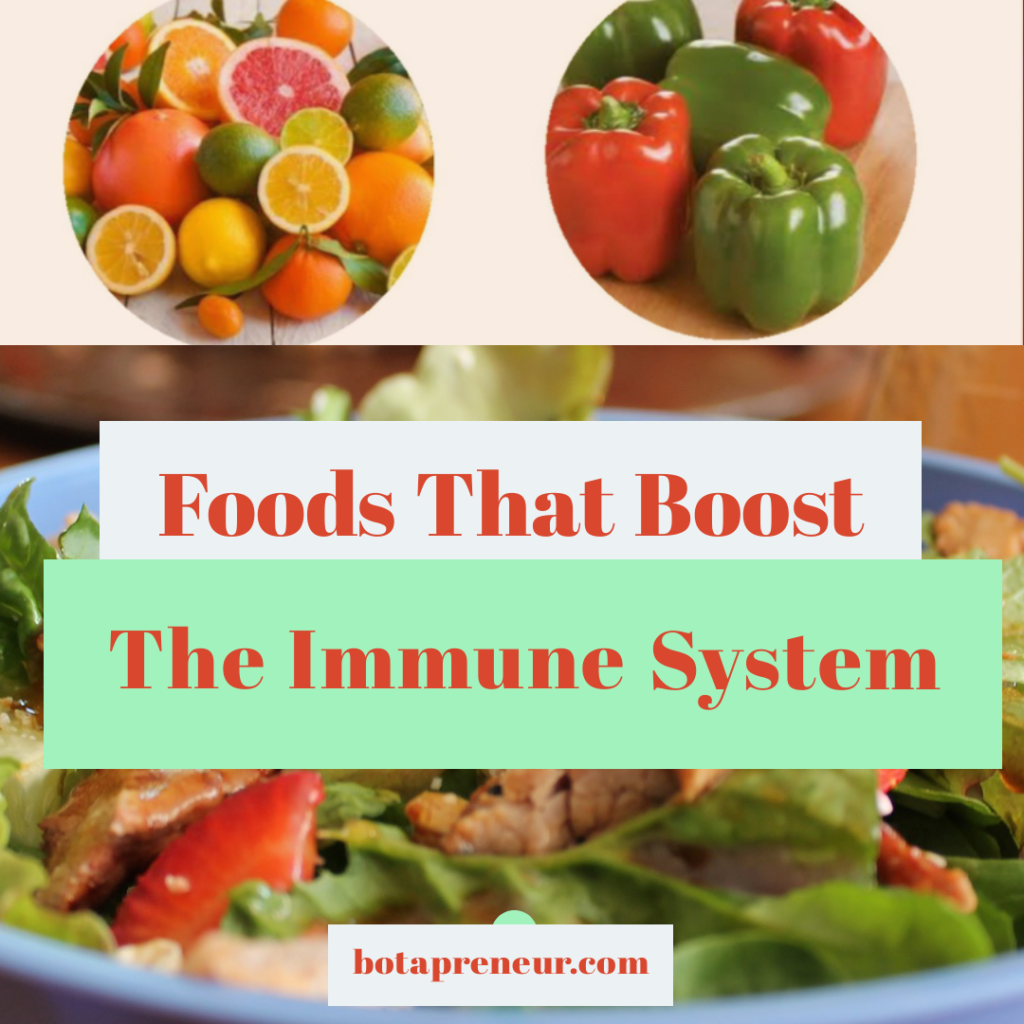Benefits of Coconut + How To Make Cold Pressed Coconut Oil
Coconut, Cocos nucifera is a member of the palm tree family (Arecaceae). Coconut is a fibrous one-seeded drupe. Drupes are fruits that have an inner flesh and seed surrounded by a hard shell. Products that can be gotten from Coconut include: Coconut Meat Coconut Oil Coconut Milk Coconut Cream Coconut Flakes (desiccated coconut), Coconut Flour Coconut Sugar Coconut Butter Coir Some of the benefits of these products include the following: Coconut meat is rich in copper and iron which help form red blood cells. Coconut meat contains phenolic compounds like gallic acid and caffeic acid that help protect cells from oxidative damage. Coconut Flakes is used in Savoury dishes, baking, cookies, muffins, and breads. Coconut flour can be used in baking as a substitute for wheat flour. It’s gluten-free. Coconut oil helps to keep hair and skin healthy, prevents wrinkles, removes acne, prevents hair loss and clear spots. Coconut water contains important electrolytes that help in maintaining hydration. Coir is the the fiber from the husk of the coconut. It is used in ropes, mats, doormats, brushes, and sacks, etc HOW TO PRODUCE COLD-PRESSED COCONUT OIL. 1. Open your coconuts and rinse the flesh in clean water to get rid of sand or the brown particles of the coconuts. 2. Cut the coconuts into smaller cubes to make it easy for easy blending or grating. 3. Once done, use a cheesecloth or strainer to squeeze out the milk. 4. Cover the coconut milk with a lid and leave it in a cool place to settle for about 12 hours or overnight. Note: If it’s put in a hot, it will become sour. Better still, you can simply place it in the fridge to quicken the process. 5. After that, you will notice that the mixture has been selected into layers. The oil above, curd in between and water below. It is advisable you use a transparent bowl so that you can see this clearly. 6. Gently scoop out the oil into another bowl. Take your time to in order to avoid mixing up together. Viola, your cold-pressed coconut oil is ready. There is another method called the Hot Pressed Method. Here, the blended coconut pulp is placed on heat to produce the oil. However, cold-pressed coconut oil has stronger taste and flavor and a higher content of antioxidants, protein, vitamins, and healthy fatty acids than hot pressed. This is because if high temperature is applied during the hot pressed method, it can cause a change in the composition and properties of the coconut oil.
Benefits of Coconut + How To Make Cold Pressed Coconut Oil Read More »










